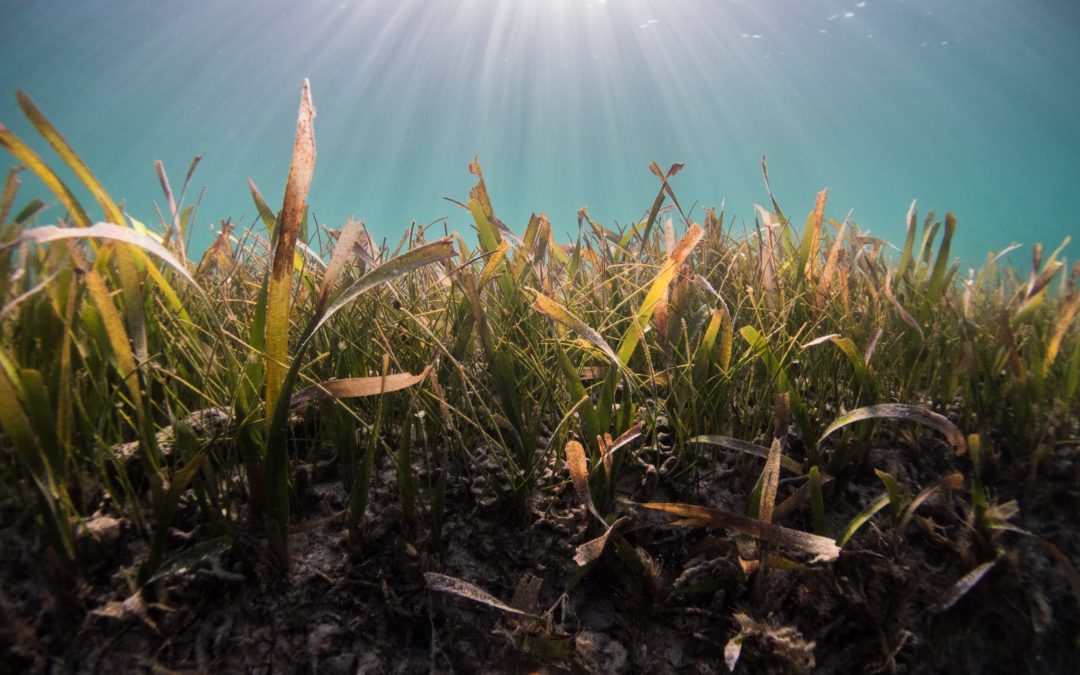
by Warp Institute | Jul 21, 2022 | 💡 Innovation
At Vejle Fjord, on Jutland’s east coast, an approximate of 90% of its underwater seabeds have been lost during the last 30 years. A five-year project run by University of Southern Denmark (SDU) has volunteer divers restore the seagrass beds and by doing so,...
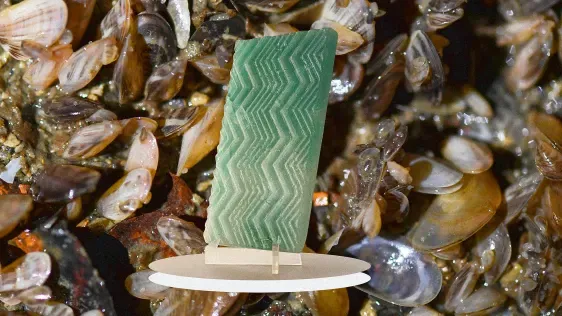
by Warp Institute | Jul 17, 2022 | ♻️ Green Tech, 💡 Innovation
In London, an invasive mussel species, known as the quagga mussel, is clogging the water pipes. Sometimes, it can cost many millions in removing such species. But what if you could turn the mussels into a product and use the income together with the outgoing profits?...
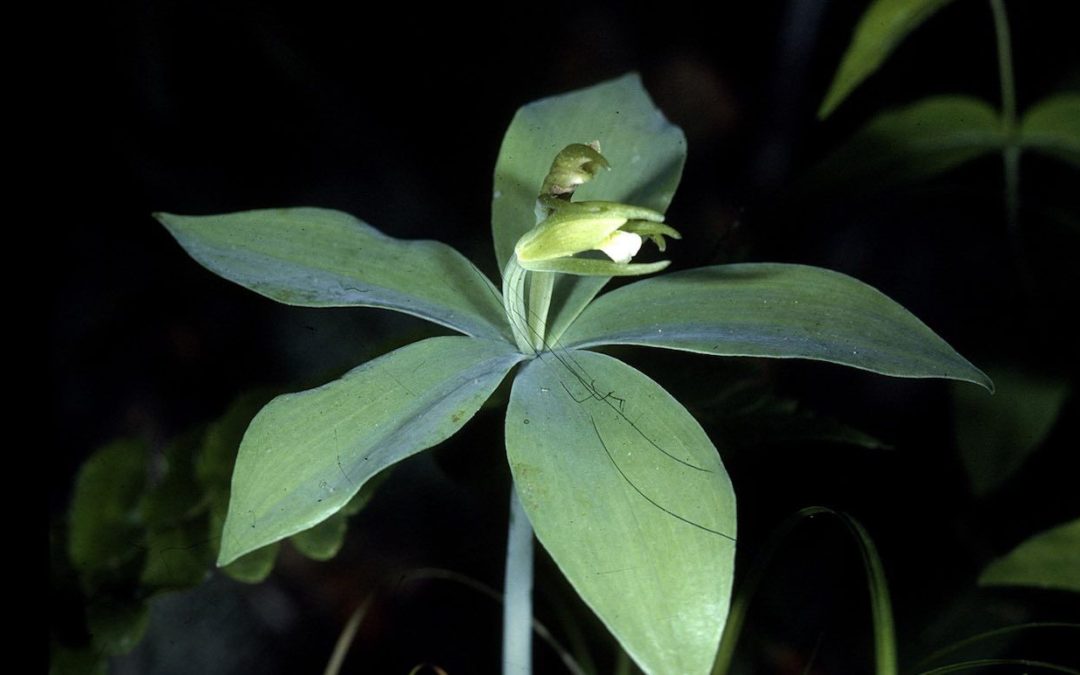
by Warp Institute | Jul 16, 2022 | 💡 Innovation, 📈 Human Progress
A rare orchid, Isotria medeoloides in latin and also known as a small whorled pogonia, that has been considered extinct since 1902 have been rediscovered by botanists from the Vermont Fish and Wildlife Department. This orchid is a globally-rare orchid and in the past...
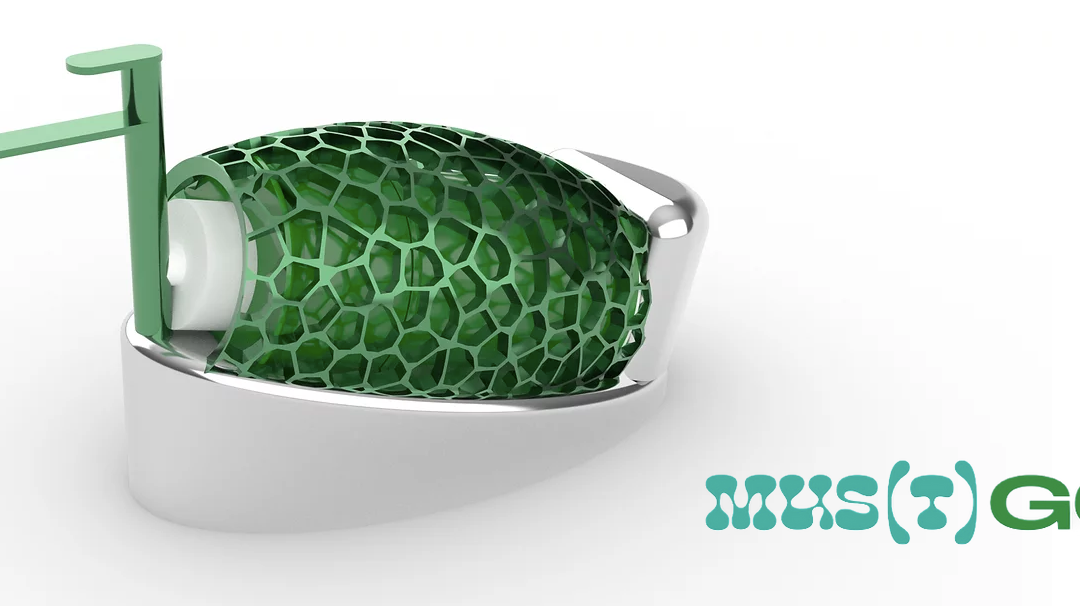
by Warp Institute | Jul 12, 2022 | ♻️ Green Tech, 💡 Innovation
Even though microplastics have not yet been proved to cause harm to the human body, scientists are working on a way of preventing us from ingesting them. In Colombia, design students have created a filter made out of moss to capture microplastics and pollutants...
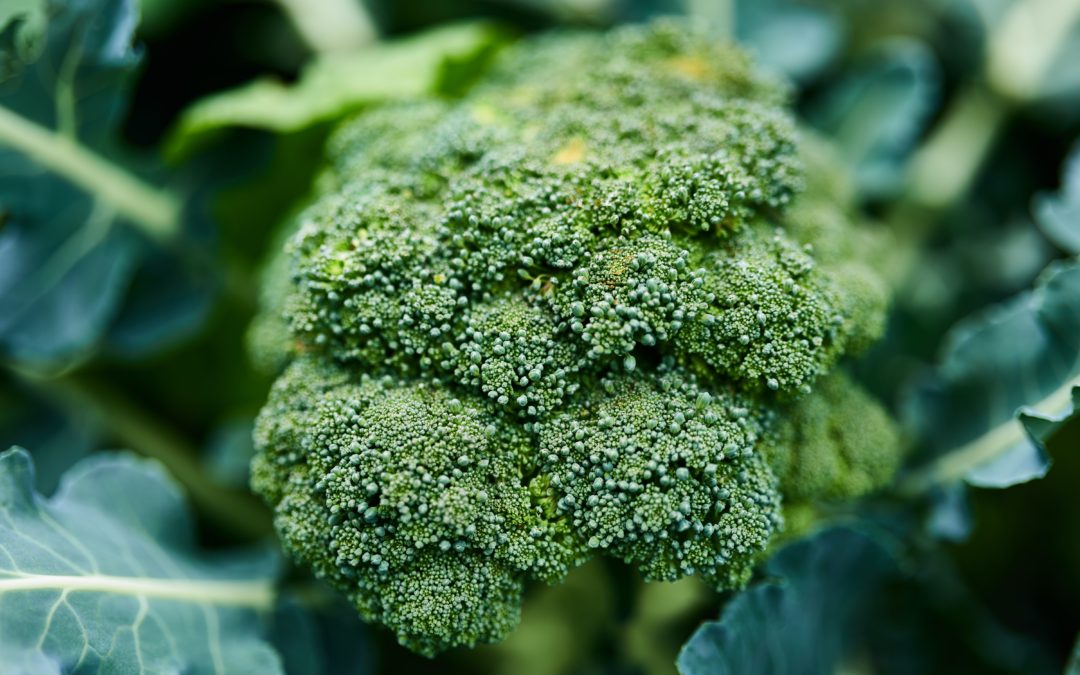
by Warp Institute | Jul 12, 2022 | ⚡️ Energy, 🍔 Food Tech, 💡 Innovation
A study conducted by Chonnam National University in South Korea has deep dived into the research area of agrivoltaics, which is the study of how solar power and agriculture can coexist and also benefit from each other. There is especially one crop that thrives in the...
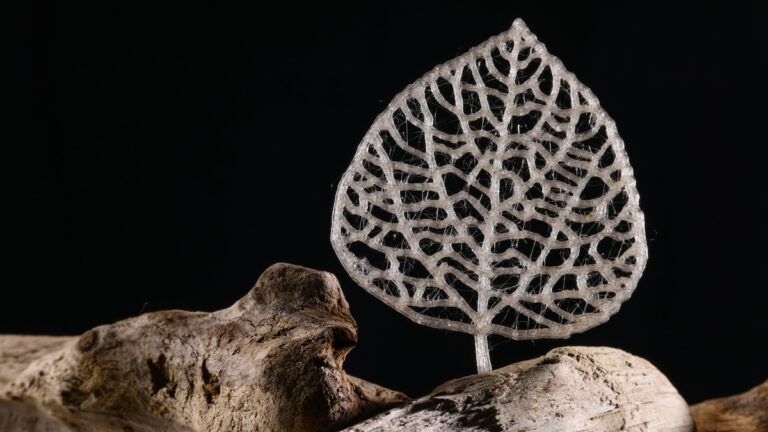
by Warp Institute | Jul 11, 2022 | ♻️ Green Tech, 💡 Innovation
Replacing plastic with an environmentally friendly alternative is very important. Now, researchers from the Swiss Federal Institute of Technology Lausanne have developed a plant-based alternative for plastic – one which decomposes into sugar. “The plastic...








